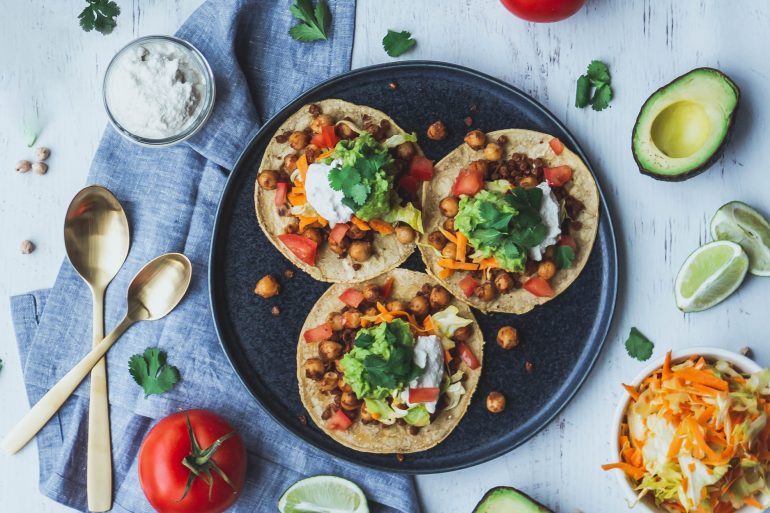It’s a calling card of summer: that aromatic and ever-so-tempting scent of a neighbour barbecuing something delicious on a warm evening. A distinct aroma tempts the taste buds — the fragrant goodness that only an outdoor grill can provide.
To those who are lifelong, dedicated meat eaters, a tofu steak or veggie burger will likely not offer the same primeval reaction as the sausages on your neighbour’s grill, but it doesn’t mean plant-based products aren’t a tempting and tasty choice. These options have come a long way.
Today, there are some 18,000 vegan food and drink products available on the market. In 2021, plant-based dairy and meat sales were over $650 million in Canada and are projected to increase five-fold by 2030.
I’m not serving up these numbers to try and entice you to become a vegetarian. For the record, I chose to stop eating red meat over a decade ago, but I still eat poultry, fish, eggs and dairy products. The reality is the world is not giving up meat; in fact, we are on track to set a new record for consumption.
A small adaptation in our diet, however, would help our environment immensely. The global meat industry generates about one fifth of manufactured greenhouse gas emissions, which, according to the United Nations’ Food and Agriculture Organization, is more than the entire transportation sector.
Eating meat, in itself, is not the problem. The issues are with the resources required to sustain the supply and the by-products produced as a result. Cattle and other farm animals produce huge amounts of methane. This gas is particularly dangerous to our climate because it traps more heat in the atmosphere than carbon dioxide (CO2). Cutting methane is the “biggest opportunity to slow warming between now and 2040,” according to Durwood Zaelke, a lead reviewer for the Intergovernmental Panel on Climate Change (IPCC). Zaelke urged world leaders to recognize the problem at the global climate summit COP26, which took place in Glasgow late last year.
An easy first step is adopting a “Meatless Monday” to your weekly diet routine. This global movement encourages people to reduce meat in their diet for their health and the health of the planet. To date more than 40 countries participate, including Canada. Plant-based meals are more environmentally efficient because the food is directly consumed, rather than the growing, feeding, transporting, processing, etc., that is needed to produce beef. By replacing at least one meat-based meal each week with a plant-based option, The Earth Day organization says that would be the equal to taking your car off the road for over 500 km each year.
Here’s the meat of the story: going vegan or even vegetarian does not have to be all or nothing, but we need to start somewhere. This summer, try reducing your consumption of meat one day per week while supporting local at the same time. Discover the many amazing local farmers’ markets in our region and create tasty veggie-based dishes grown close to home.
ANWAR KNIGHT is an award-winning broadcaster, whose genuine and warm engaging personality has made home a favourite with audiences nationwide.






